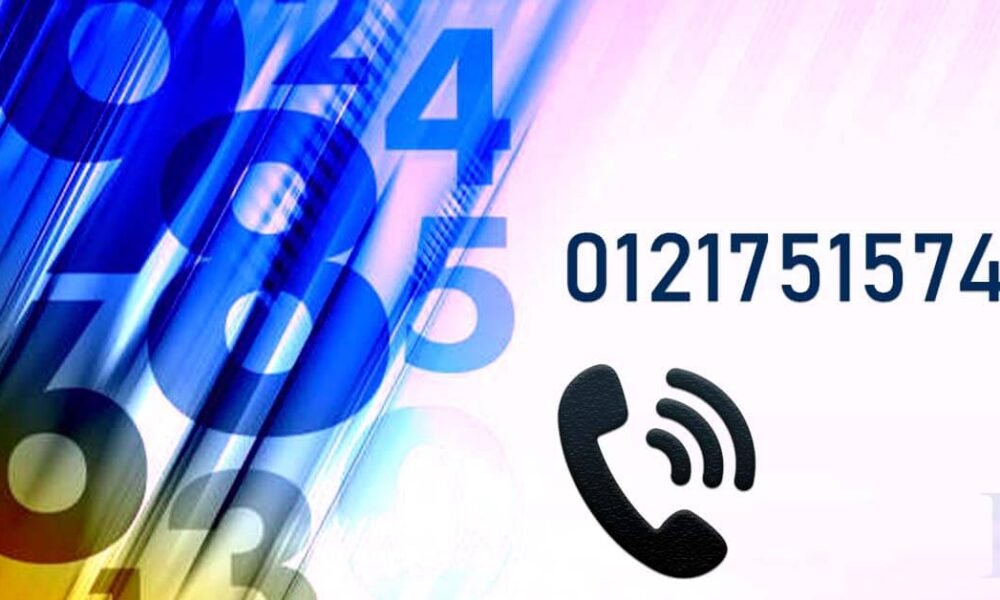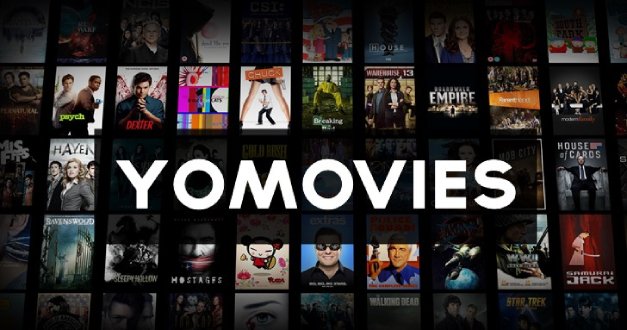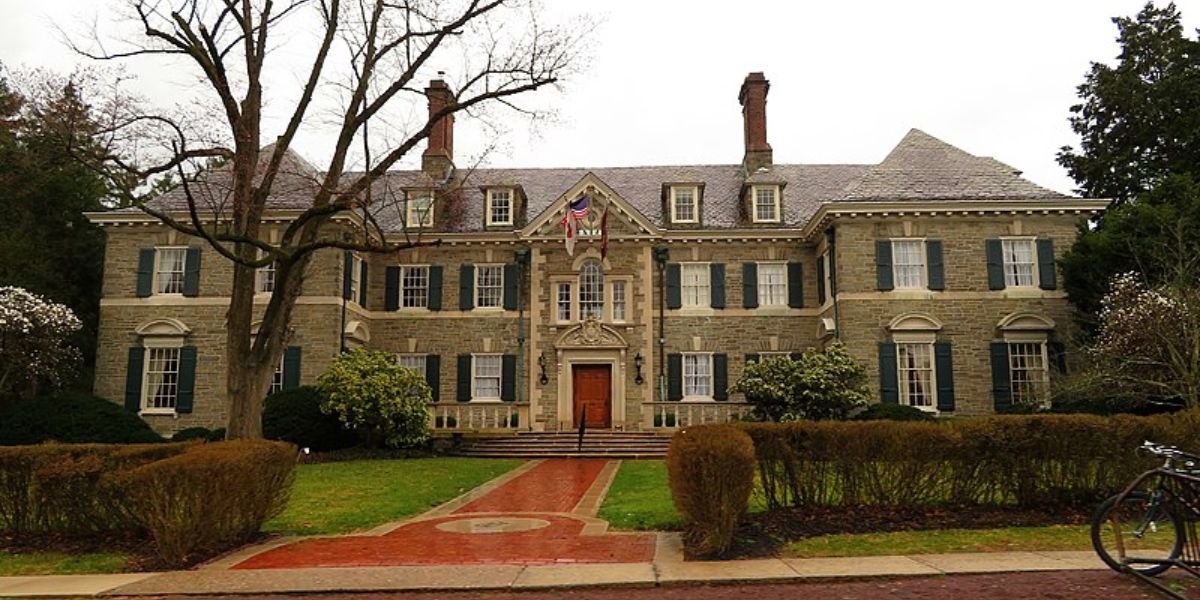Introduction
The enigmatic sequence “01217515743” piques our curiosity. While its meaning remains unclear, it embodies the very essence of secret languages: the art of disguising messages and shrouding them in mystery. This article delves into the fascinating world of secret languages, exploring their history, ingenious methods of creation, and the reasons people have relied on them for centuries. We’ll also explore whether a sequence like 01217515743 could potentially hold a hidden message, using the tools and techniques of secret languages.
A Journey Through Time: Unveiling the History of Secret Languages
The use of secret languages stretches far back in history, leaving their mark on various civilizations:
- Ancient Whispers: Egyptians employed hieroglyphs with hidden meanings, while the Greeks and Romans devised complex ciphers for military communication. These early examples laid the foundation for the development of more sophisticated secret language encoding methods.
- Medieval Codes and Courtly Secrets: Monks in medieval times used illuminated manuscripts to conceal messages, adding a layer of artistic intrigue to their hidden communication. Knights, meanwhile, used chivalric codes to govern their conduct, creating a secret language that embodied their values and ideals.
- World Wars and the Enigma Machine: The 20th century saw a surge in code-breaking efforts, with the Enigma machine becoming a famous example used by the Germans during World Wars I and II. Cracking the Enigma code proved pivotal to the Allied war effort, highlighting the crucial role that secret languages can play in times of conflict.
Beyond Simple Substitution: Methods for Encoding Secret Languages
Secret languages employ various techniques, or “encoding” methods, to disguise messages, making them indecipherable to those who lack the key. Here are some of the most common methods used:
- Substitution ciphers: These ciphers form the foundation of many secret languages. Letters in a message are replaced with other symbols or letters, creating a new alphabet. For instance, a simple substitution cipher might replace A with B, B with C, and so on.
- Transposition ciphers: While substitution ciphers change the letters themselves, transposition ciphers focus on rearranging the order of the letters in a message. This scrambling makes the message appear nonsensical unless you have the key to decipher the order in which the letters were originally written.
- Codebooks: For situations requiring faster communication, codebooks can be employed. Codebooks are a type of secret language dictionary. They assign code words, or numbers, to specific words or phrases. This allows messages to be conveyed quickly and efficiently using a pre-determined reference.
Can 01217515743 Be a Secret Message?
Now, let’s turn our attention to the sequence 01217515743 Without further context, it’s difficult to say definitively whether it’s a secret message. Here are some possibilities:
- Simple Code: It could be a basic code where each number corresponds to a letter. However, without a key linking numbers to letters, deciphering the message using secret language encoding techniques remains impossible.
- Part of a Larger Code: The sequence could be a fragment of a larger coded message, requiring additional parts for full understanding. In this case, the sequence itself would be part of a more complex secret language encoding scheme.
- Random Sequence: It’s also possible that “01217515743” has no hidden meaning and is simply a random sequence of numbers.
Unlocking the Motives: Why People Use Secret Languages
Throughout history, people have turned to secret languages for various reasons, including:
- Securing Military Communication: Armies throughout history have turned to secret languages during wartime. This ensured that sensitive information about troop movements and strategies remained hidden from enemy forces. This practice goes back centuries, with each generation developing new and more complex methods of encoding messages.
- Maintaining Diplomatic Secrecy: Governments rely on secret languages for diplomatic communication. This allows them to exchange confidential information with other countries discreetly. Here, secret languages act as a diplomatic tool to ensure privacy.
- Protecting Personal Privacy: In a more personal context, individuals may use secret languages to safeguard sensitive information in their diaries or written correspondence. Secret languages offer a way to shield private thoughts and feelings. By utilizing secret language, individuals can ensure their personal privacy.
Secret Languages in the Digital Age: Beyond Parchment and Pigeons
While the classic ciphers of the past may seem outdated, secret languages remain a crucial element in our modern world:
The Bedrock of Encryption: Modern communication relies heavily on encryption techniques. These techniques are essentially sophisticated codes that protect data from unauthorized access.






















1 Comment